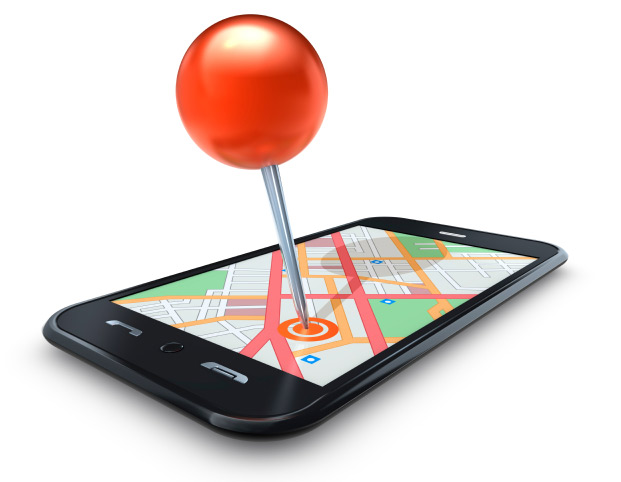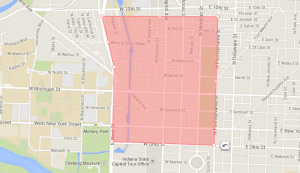Hidden Cameras, GPS Trackers, and More
All US Domestic Orders
Most Orders Placed by 3PM EST
By: SpygearGadgets
OCT 7
![]()

So what’s that monthly service cost for?
A GPS tracker receives a signal from GPS satellites (which is free), but the monthly service fee is to cover the cost of sending that GPS data over cellular networks to your tracking portal, so you can see where the tracker is at in real time.
Monthly service costs range from $29.95-$39.95 a month, depending on the GPS unit. You can get historical GPS logging devices that avoid the monthly service cost, but you won’t get GPS information in real time – we’ll get into that later.

The laws vary by jurisdiction, but in general, in order to be able to track something (or someone), you must either own it (such as a vehicle), or be a parent/guardian (such as tracking a child).
Employers are generally able to put GPS tracking devices on company-issued vehicles, such as service vans, delivery trucks, etc.
Tracking a vehicle that you do not own, or tracking a person (other than a child) that has not given you permission to track them is generally not legal – so we suggest that you consult your local laws and ordinances before use.

Want to track your child’s car from your work computer? No problem. Monitor your fleet of vehicles while you’re on a vacation? That’s easy.
You can easily log into your GPS tracking account and monitor your tracker(s) in real time from any internet connected device – whether that’s a computer (PC or Mac), tablet, or even your favorite smartphone.
Because the tracking interface is web-based, there is no software to install. All you need is your username and password. You can track up to 500 devices from a single tracking account.
![]()
Your intended use will dictate whether you should get a hardwired or battery powered GPS tracker. So what’s the difference?
A battery powered GPS tracker is portable since it has it’s own power supply. This makes it easy to install, as there are no wires to worry about. You can also use a battery powered tracker to monitor important assets, people, or almost anything that moves.
A hardwired GPS tracker is one that is directly wired to your vehicle’s power supply, so that you never have to worry about battery life. This is ideal for fleet vehicles such as service trucks or vans where long-term use would make recharging a battery inconvenient.
![]()
Chances are you’ve seen a TV show or movie (like Breaking Bad) where someone has placed a GPS tracker on a vehicle in order to track it.
While some details are exaggerated, one thing is completely accurate – the best place to mount a GPS tracker on a vehicle is underneath it.
Some GPS trackers have a built-in magnet to keep it attached, while others use a case with a strong magnet to securely mount the tracker under the car and protect it from the elements.

One of the features of live GPS trackers is the ability to set “geo fences” on a map, and get instant alerts via text or email whenever the tracker enters or leaves a pre-set zone.
For example, if you put a live tracker on your teen’s car, you can get a text message as soon as they leave school, so you know they are on their way home. You could also set up an alert so that you are notified any time they leave the city limits, or even your neighborhood. Perfect for making sure your new driver is safe.

Live GPS trackers aren’t the only type of GPS tracking device out there. If you don’t need “live” tracking data, a less expensive alternative is a historical GPS logger. GPS Loggers are similar to live trackers in that they record where a person or a vehicle or asset has been.
The main difference however is that in order to view the tracking data, you must retrieve the tracker and download the information to your computer. Check out our selection of Historical GPS Loggers.
Recent Posts
Browse By Tag: